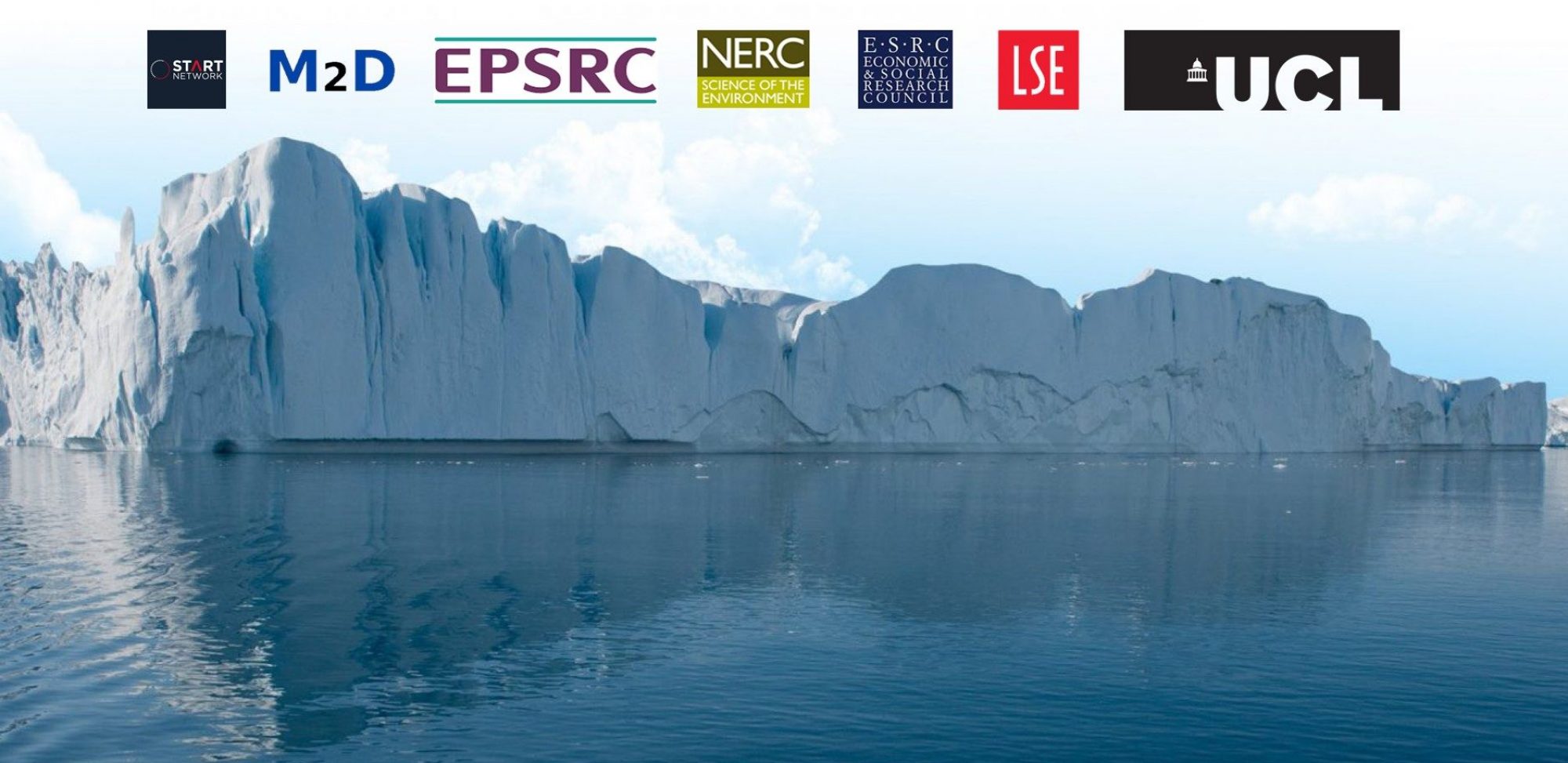Challenging Radical Uncertainty in Science, Society and the Environment
The CRUISSE network was set up by three UK research councils in “response to a demonstrable call” for support “from business and government” and funded by EPSRC for two years from January 2017. Made up of academics and policy makers with a wide range of backgrounds in physical, mathematical, social, political and psychological science [1], its task was to report on the current research landscape of real-world decision-making under uncertainty and suggest a future research agenda. To summarise the findings and recommendations:
- Most significant decisions made in government, industry and the third sector do not have a clear, optimal solution.
- Trying to find an optimal answer to these ‘wicked’ problems can be misleading and rely on models that look to provide an optimal answer, which often poorly represent the problem and can give rise to unintended consequences.
- Most decision-making research is based around an Optimal Choice Framework (OCF) - using a probability-based approach to determine the best response. Formal OCF frameworks are useful for answering a large class of problems or exploring possible options, however there is often a clear imbalance between the demands of policy decision-makers suitable decision support tools and what academic research can provide.
- This imbalance is due to the widespread silo approach to academic research where research questions are chosen to suit narrow academic agendas. This means there is a lack of institutions focussing on real world decision-making and that there is currently no multi-disciplinary research centre or academic group that can support government or business make these complex decisions outside of the OCF framework.
- The seven small CRUISSE pilot projects funded during 2018 provided insights into how a new approach would work. They took real-world world relevant and academically exciting research problems, co-created between users and academics, and demonstrated that co-operation across multiple disciplines is a powerful approach to address these complex decision-making processes.
- The CRUISSE report [2] therefore proposes the formation of a new UK networked institute to build capacity in this area. This institute would: respond to requests for support across government, business and the third sector; develop a new research programme focussed on the underpinning science of decision-making under uncertainty; and build much needed capacity and capability in this area.
- This would include: a better understanding of the roles of emotion, narratives, collaborative group processes in decision-making; quantification and uncertainty communication across socio-cultural boundaries; the role of expertise; how to learn from mistakes; and the selection of adaptive heuristics.
- This is not an area where the problem of decision-making in complex environments can be approached through the lenses of different disciplines and then combined. It is clearly a cross Research Council issue that does not fall under the auspices of any individual Council. It is therefore the perfect example of a problem that needs to be approached using the new cross-Council structures.
- If successful, the CRUISSE proposals would build on the UK’s existing academic and consultancy expertise across a wide range of disciplines, give the UK a clear national advantage, and provide significant export potential.
To download the full report click here
[1] Jim Berger, Jason Blackstock, Paul Cairney, Kris De Meyer, Lieutenant-General Patrick Destremau, Miles Elsden, Catherine Fieschi, David Good , Mark Fenton O’Creevy, Gerd Gigerenzer, Julie Gore, Nigel Harvey, John Kay, Lord Mervyn King, Brian MacGillivray, Diana Mangalagiu, Lord O’Donnell, Florian Pappenberger, Arthur Petersen, Robert Rosner, Leonard Smith, David Stark, Andy Stirling, Erica Thompson, David Tuckett, Ed Wheatcroft. Work was carried out with the Cabinet Office, humanitarian charities, BP, PwC, the FCA, the National Flood Forum, etc.
[2] Tuckett, D., Smith, L and Good, D (2018) Decision-Making under Uncertainty: The Current Research Landscape and A Future Research Agenda. Available from d.tuckett@ucl.ac.uk.
We will be looking to identify and categorise real-world challenges into three types:
(1) Challenges that are tractable with traditional statistical and decision theoretic methods.
(2) Challenges that require a broader approach, where models are developed and informative but not necessarily comprehensive, and mature probabilities are not available.
(3) Challenges that are characterised by radical uncertainty and lack of confidence in model fidelity, requiring thoughtful case-by-case reflection, reframing of the question and innovative approaches to “solutions” or strategies.
We aim to develop useful guidelines for cases 2 and 3, including a guide to good practice, which will broaden the awareness of alternative approaches, exploring the way problems are being set up and framed in the light of the type of uncertainties identified.
Practitioners who are aware of the kinds of problems and solutions in each case, and where the problems of interest to them lie, will be a step closer to resilient decision-making, informed by seeing approaches to other hazards facing real-world decision making.
We will be funding short pilot projects in partnership with decision-making communities.
Register your interest now to be kept up to date with our news, events, and funding calls.
